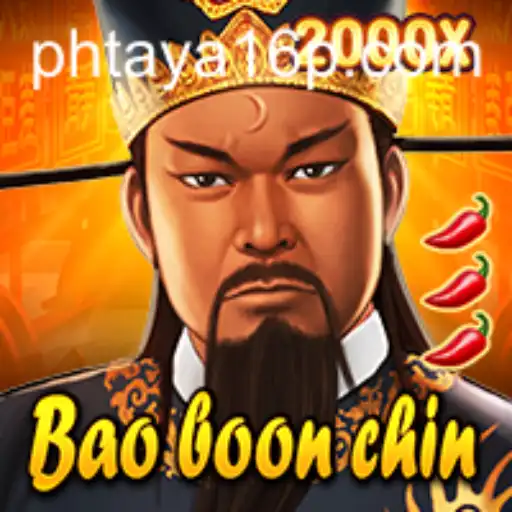An In-depth Look at the Game 'Shogun'
Shogun is a captivating board game that has captured the interest of strategic game enthusiasts worldwide. With its intricate design and dynamic gameplay mechanisms, Shogun stands out in the crowded landscape of strategy games, drawing players into a historical setting reminiscent of feudal Japan. In this article, we explore its unique features, rules, and the cultural phenomena surrounding its rise in popularity.
Introduction to Shogun
Set in the tumultuous times of Japan’s Sengoku period, Shogun transports players to an era where daimyo (feudal lords) vie for power and control over territories. The game combines resource management, strategic planning, and a little bit of luck to simulate the challenges faced by these historic figures. Shogun is beloved for its delicate balance between strategy and chance, and it requires players to think several steps ahead to maintain dominance.
Released in 2006, Shogun is part of a category of games that demand thoughtful decision-making and strategic foresight. While engaging in fierce battles, players are immersed in a world where economic strength and military prowess are equally important. The game's combination of tactical warfare and resource allocation creates an exacting experience that is as thrilling as it is mentally stimulating.
The Gameplay of Shogun
Each game of Shogun lasts around 150 minutes and accommodates three to five players, each assuming the role of a daimyo. Players are tasked with the dual goals of expanding their territory and consolidating their power base. The winner is determined by who can amass the most victory points, which are gained through land acquisition, building construction, and successful battles.
Players commence the game with a limited number of provinces, each providing income in the form of rice and gold. Balancing these resources is crucial, as a lack of resources can lead to revolts that disrupt one’s empire. As the game progresses, players deploy their armies, conquer new territories, and build structures like castles and temples to fortify their hold.
The unique combat system of Shogun sets it apart from other strategy games. Instead of relying solely on dice rolls or cards, battles are resolved using a conflict tower, adding an unpredictable yet fair element to the game. This tactical depth is what attracts seasoned gamers who appreciate a nuanced approach to military conflict.
Understanding Phtaya 16
Intriguingly, discussions about Shogun often include references to 'phtaya 16'. While seemingly cryptic to outsiders, within the gaming community, 'phtaya 16' refers to a popular house rule that has emerged among players. This homebrewed rule introduces alternative strategies during gameplay, often focusing on shifting alliances or unexpected narrative twists.
Through online forums and weekly gaming sessions, the concept of 'phtaya 16' has increased engagement and enjoyment. This showcases the adaptability and enduring appeal of Shogun, as players are continuously finding new ways to experience this classic board game.
Why Shogun Matters Today
As the world of board games expands, adding contemporary themes and challenges, the enduring popularity of Shogun is a testament to its timeless appeal. In the context of current global events, the game’s focus on coalition-building and resource allocation offers a reflective parallel to modern strategic challenges faced in politics and business.
Moreover, Shogun has carved a niche in the emerging intersection of entertainment and education. Gaming cafes and clubs worldwide utilize it as a tool for teaching strategy and history, providing a hands-on learning experience. With board games experiencing a renaissance due to their social, interactive nature, Shogun’s importance cannot be overstated.
Finally, Shogun fans have formed a vibrant community both in-person and online, fostering discussions and collaborations that transcend geographical barriers. This community is not only dedicated to mastering the game's complexities but is also actively engaged in adding layers to the experience, further cementing Shogun's place in gaming history.







